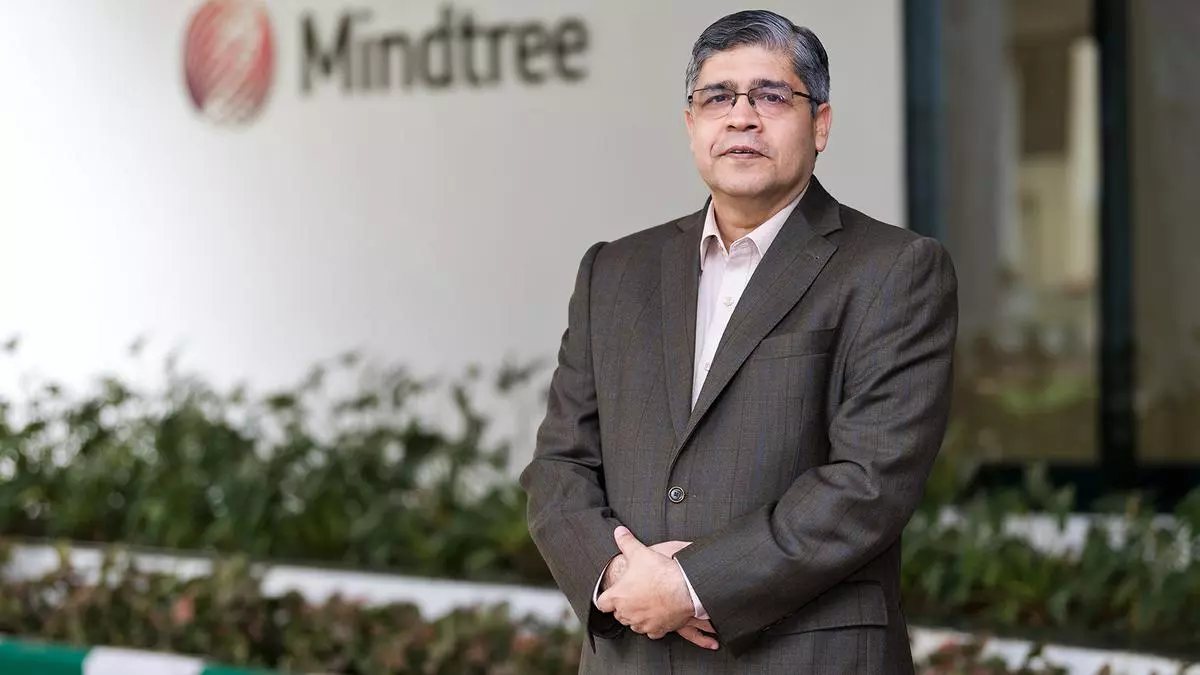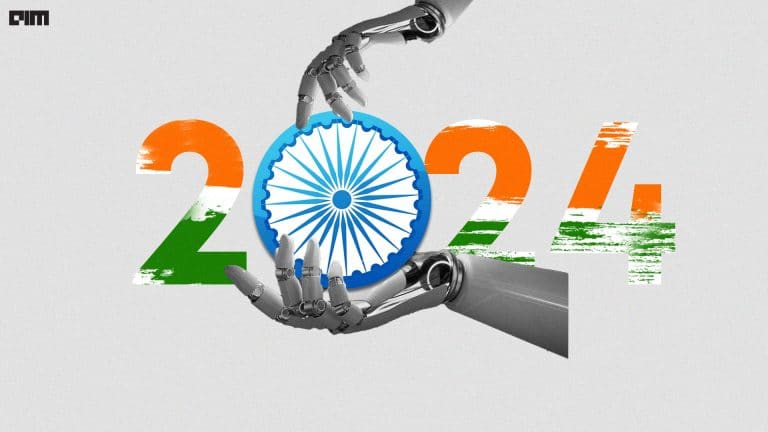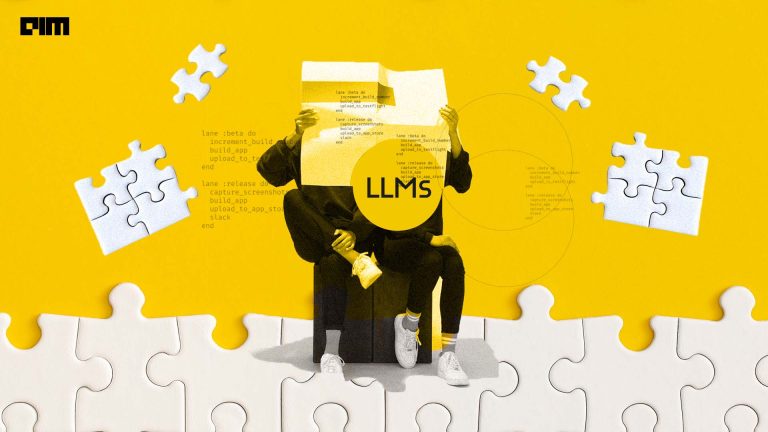The year’s biggest news for the Indian IT was the merger of Mindtree and L&T Infotech (LTI), to form the fifth-largest IT services company in India. The proposed integration would reportedly be called LTIMindtree, with over 80,000 employees and combined revenue of USD 3.5 billion.
The joint entity is in the process of establishing an integration committee, and the merger will be closed in about a year. Close industry watchers say that this move was quite expected. Interestingly, parent company Larsen and Toubro Group (L&T) undertook a hostile takeover of Mindtree back in 2019, a first for the Indian IT industry.
LTI and Mindtree both play in Analytics services businesses, just like most other large IT/ITes service providers. But, what would the analytics services business of the merged entity look like?
Analytics offerings of the companies
LTI
In late 2021, the company announced the launch of Fosfor, an analytics-based data-to-decision platform. Five of its main offerings are – DataOps product called Spectra, autonomous data fabric product Optic, MLOps platform Refract, no-code platform Aspect, and augmented analytics product Lumin. Fosfor unit is headed by Satyakam Mohanty.
Interestingly, Mohanty’s deep tech startup Lymbyc was acquired by LTI in 2019 for an undisclosed amount. The company’s flagship proprietary product Leni, is a virtual analyst that allows users to conversationally access insights; it has now become a good addition to LTI’s offerings.

In the past few years, LTI has added many features and acquired a lot of analytics-focused companies to complement its bouquet of analytics offerings. This is in line with Sanjay Jalona’s (who took over as the CEO and MD of LTI in 2015) acquisition-led growth strategy. Under Jalona’s leadership, the company acquired companies like the big data and analytics firm AugmentIQ Data Sciences and AI-data analytics firm Lymbyc. These acquisitions helped the company make successful inroads in analytics, digital, and cloud – accounting for 53 per cent of LTI’s business in 2022 in just six years.
53% is large, given very few traditional IT players in India can claim digital revenues exceeding half of their business.
LTI has recently bagged USD 40 million for an analytics-based project and partnered with the Indian government for an analytics-led transformation deal. For the latter, LTI will be involved with the transformation, collection and dissemination of data as information, case management and fraud management using artificial intelligence.
Mindtree
Mindtree’s services are complementary to that of LTI. The former offers solutions in data analytics, cloud infrastructure management, application development and maintenance. The company also made a few strategic acquisitions recently. For example, in May this year, Mindtree acquired NxT Digital Business from L&T for Rs 198 crore.
Mindtree leverages NxT Digital Business to become a go-to platform for digital transformation partners for its clients.
Two years back, Mindtree partnered with Databricks to help customers implement cloud-based data platforms for advanced analytics. Likewise, Mindtree has also signed deals with companies such as Microsoft, Google, ServiceNow, and AWS. Recently, the company launched Microsoft’s go-to-market business unit for cloud business and earned Azure Advanced Specialisation in Analytics, AI and ML.
What comes off this merger
L&T, which itself thwarted the attempts of its hostile takeover not once but thrice, was successful in acquiring Mindtree in a similar fashion in 2019 by taking control of 60 per cent of the company. L&T completed buying a 31 per cent stake as large investors rushed to sell their holdings after the late coffee baron VG Siddhartha sold his 20.4 per cent stake in Mindtree.
*With data from Mint and Bloomberg
While experts predicted then that LTI and Mindtree would merge after two financial years, they had also speculated a three-way merger of LTI, L&T Technology Services, and Mindtree would have helped in competing with big names like Wipro and TCS.
However, the official statement from the representatives of the companies blatantly denied anything of that sort happening. L&T’s SN Subrahmanyan told the media that Mindtree would run as a separate entity distinct from LTI and L&T Technology Services. “The entities would be run at an arm’s length, and it is inappropriate to speculate about the future structure now. Continuity will be the key theme in the management transition. No position is sought to be disturbed at Mindtree, and no changes are contemplated right now,” he had said then.
In the financial year 2022, Mindtree added USD 334 million, growing 31 per cent over the previous fiscal year.
As for LTI, under Jalona’s leadership, the company doubled its revenue to USD 2.1 billion. In FY22 alone, LTI added USD 432 million in revenue, showcasing a growth of 26 per cent over the previous fiscal year.
With the merger, the two companies anticipate significant scale benefits, which would result in a stronger portfolio of offerings across verticals. “Enhanced customer engagement and delivery model through the industrialisation of delivery and streamlined value-enabling processes is expected to result in improvement in large deal capabilities. These opportunities will create a more distinctive employee value proposition and stronger partnerships with ecosystem players,” the official statement said.
That said, both the companies faced major setbacks with the departure of their top leadership. The latest is the resignation of LTI CEO and MD Jalona, often considered the key architect of its growth over the last several years, on the heels of the merger announcement. Without revealing many details, Jalona said that he is quitting due to ‘personal reasons’. For now, Debashis Chatterjee, who joined Mindtree as CEO and MD in August 2019, has been named to lead the combined entity.

The merger is seen as an opportunity to consolidate position (speculatively giving competition to giants like TCS and Wipro), especially in BFSI, scale up in high growth verticals like retail, and expand horizons to travel, transport, and hospitality domains.
The businesses of the two companies are complementary while having minimal client overlap. LTI’s strengths lie in ERP and analytics, while Mindtree has a stronghold in digital capabilities and customer experience. The combined business will help LTIMindtree in participating in large transformation deals.
For the analytics market, in particular, things look bright for the newborn joint entity. As per an earlier market report, the data analytics market is expected to rise by USD 196.47 billion between 2021 and 2026. However, the major point of concern currently is the possibility of high attrition rates, especially in lower levels, in light of a major leadership reshuffle.
Analytics India Magazine reached out to representatives of both companies, seeking their comments on the fate of the analytics offering of the joint entity – both have denied to respond.

































